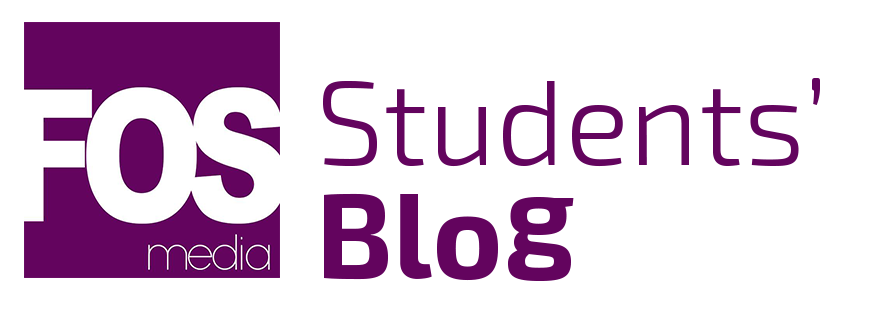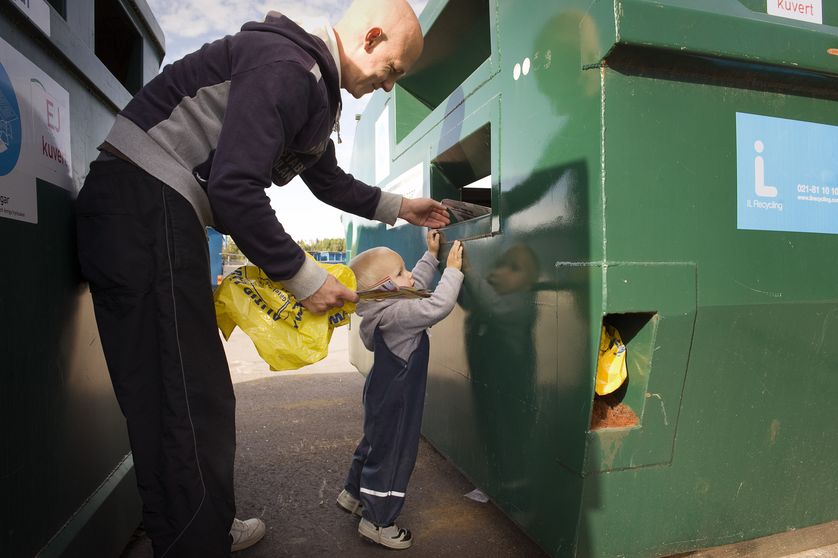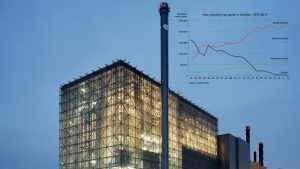During a very interesting lecture on Cleaner Production our Lecturer made us see waste in a different perspective.
“Waste is a valuable resource in a wrong place , wrong form or medium”.
Think about it, when u eat an orange u throw away the peel because you can’t possibly eat it, therefore it has no use and something that doesn’t have a use is waste right?….Right! BUT it’s not entirely correct to think that orange peel has NO use. It’s just in a wrong form which makes it impossible for us to eat it. Doesn’t mean it cannot be used at all. In fact , the peel can be used to extract essential oils, which is indeed a valuable resource.
Well, Sweden has accepted this concept of “waste as a valuable resource” whole heartedly and is now heading towards Zero waste. Which includes minimizing waste at the point of generation and conversion of waste generated into a more useful form through recycling. Sweden hasn’t reached zero waste yet but it’s pretty close. After undergoing a “recycling revolution” approximately 99% of household waste in Sweden is being recycled into new products or even energy.
Recycling
Each Swedish household makes a contribution towards Zero waste by sorting and separating their waste into paper, glass, plastic, metal, electronic waste and food waste etc and depositing it in special containers located in their block or dropping it off at a recycling station which are located within 300m of residential areas . Papers/newspapers are converted into paper mass, the glass bottles are reused or melted to create new items, plastic is converted into plastic raw material, food is composted. Waste water is purified into drinking water suitable for human consumption.
Approximately 50% of the household waste collected is thus, recycled while the remainder is incinerated.
Waste to Energy (WTE)
The 50% of the household waste which is not recycled is incinerated in plants to produce energy. From the ashes that remain, items such as porcelain and tile which does not burn is sifted to extract gravel that is used in road construction.
Sweden now considers waste a commodity and believe it or not, goes a step further to actually IMPORT WASTE from other countries like UK, Ireland, Italy and Norway . This results in a win-win situation for both countries. Sweden’s WTE plants can handle more waste than what is generated locally, so importing waste helps make use of the full capacity of the existing plants. Other countries try desperately to minimize landfills and exporting their waste to Sweden is, as the saying goes “Good riddance of bad rubbish” , literally.
Only 1% of waste produced in Sweden ends up in landfills where as in other countries over half of the waste produced ends up in landfills, thereby releasing toxins and greenhouse gases which contaminate the soil, groundwater and also contribute towards global warming.
There is controversy and opposition to Sweden’s waste management initiatives due to the environment impacts and atmospheric pollution caused by the emission of gases after incineration of waste. However considering the alternative, which is landfills, this method seems to be less harmful to the environment. Sweden hopes to improve their waste management system in the future in order to reduce incineration and accommodate more recycling of waste .
References:
https://sweden.se/nature/the-swedish-recycling-revolution/
Images courtesy:
https://d3vjk4jagnknqc.cloudfront.net/uploads/2013/06/Recycling-600×600.jpg
https://d3vjk4jagnknqc.cloudfront.net/uploads/2013/11/%C3%85tervinning.jpg



